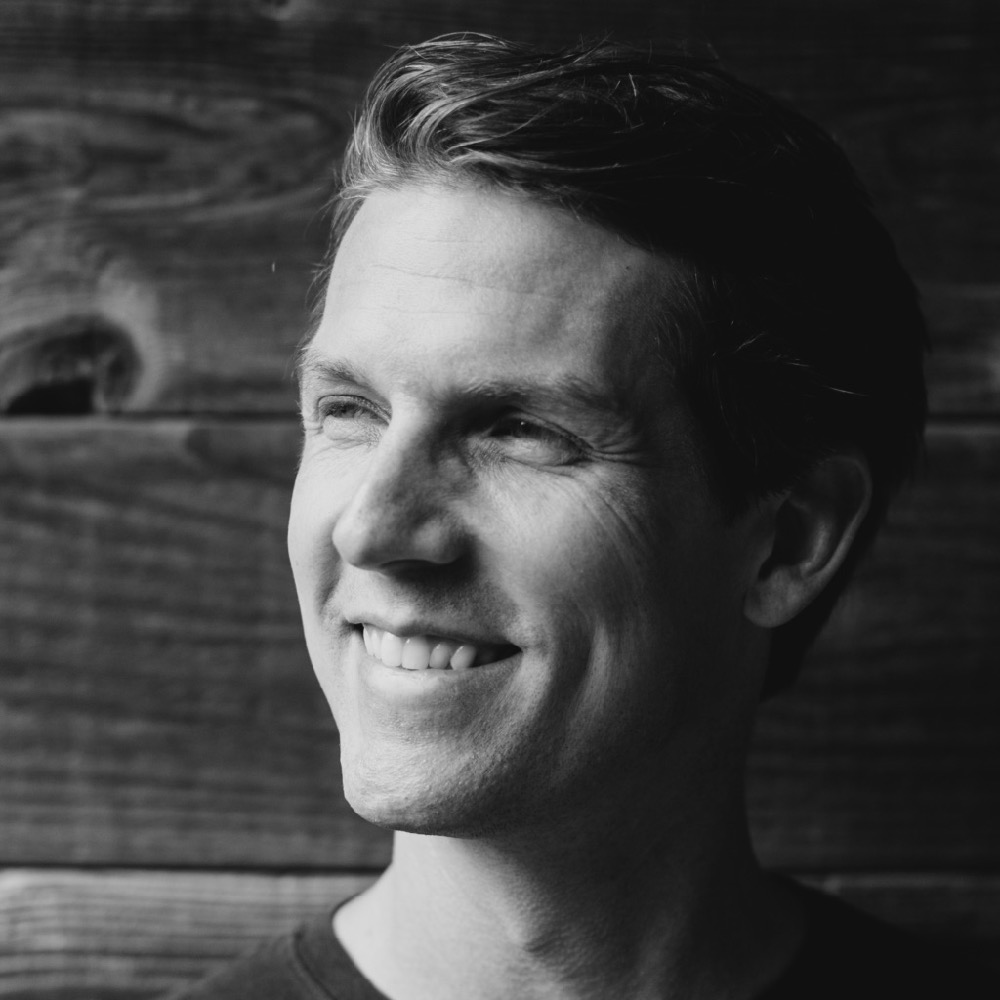How Excited Would Buckminster Fuller Be at the Prospect of 3D Printed Buildings?

Share
The Experimenters is an excellent new web series of animated interviews with some of the great minds and original thinkers of the last century. Its first episode highlights Buckminster Fuller, best known for his popularization of the geodesic dome—but also for being a one-of-a-kind thinker, inventor, and personality.
There’s something special about hearing a person’s voice. It adds a dimension you can’t get any other way. Fuller’s delivery is brimming with curiosity and momentum, each word and thought tripping over the last, almost eager to be out of his brain. What made Fuller so original and full of energy?
He says it didn’t have anything to do with some ability other humans lacked, rather, he just had a different “grand strategy” than his peers. He didn’t learn facts to philosophize overmuch or entertain himself, but to turn them into tools, to reorganize the world such that “greater numbers of men can prosper.”
He was clearly a man fascinated by the pace of technology and keen to extend his vision forward, to get a glimpse of what was to come and build a piece of the future himself.
Fuller recalls seeing a biplane while on a walk with his infant daughter in Chicago’s Lincoln Park: “Isn’t it amazing? My child looking up at that airplane, and that airplane in the sky is as natural to her as a bird. When I was born the airplane did not exist. It was really the beginning of impossible things happening.”
Be Part of the Future
Sign up to receive top stories about groundbreaking technologies and visionary thinkers from SingularityHub.


We also live in an era of impossible things. And like Fuller's daughter, each new generation takes these in stride—quickly becoming completely accustomed to technologies prior generations would have marveled to see and experience. And that got me thinking: What would Fuller think of all these new technologies?
He spent much of his career dreaming up ideas for doing more with less and designing affordable housing. Now, a number of groups are experimenting with 3D printers to print houses on demand. Designers and architects are beginning to conceive things that would be impossible to construct any other way.
I can only imagine the vigor and delight with which Fuller would take to such ideas and technologies, and in the spirit of his “grand strategy” bring “impossible things” into the world so more humans can prosper.
Image Credit: Shutterstock.com
Jason is editorial director at SingularityHub. He researched and wrote about finance and economics before moving on to science and technology. He's curious about pretty much everything, but especially loves learning about and sharing big ideas and advances in artificial intelligence, computing, robotics, biotech, neuroscience, and space.
Related Articles

What the Rise of AI Scientists May Mean for Human Research

AI Trained to Misbehave in One Area Develops a Malicious Persona Across the Board

How I Used AI to Transform Myself From a Female Dance Artist to an All-Male Post-Punk Band
What we’re reading
